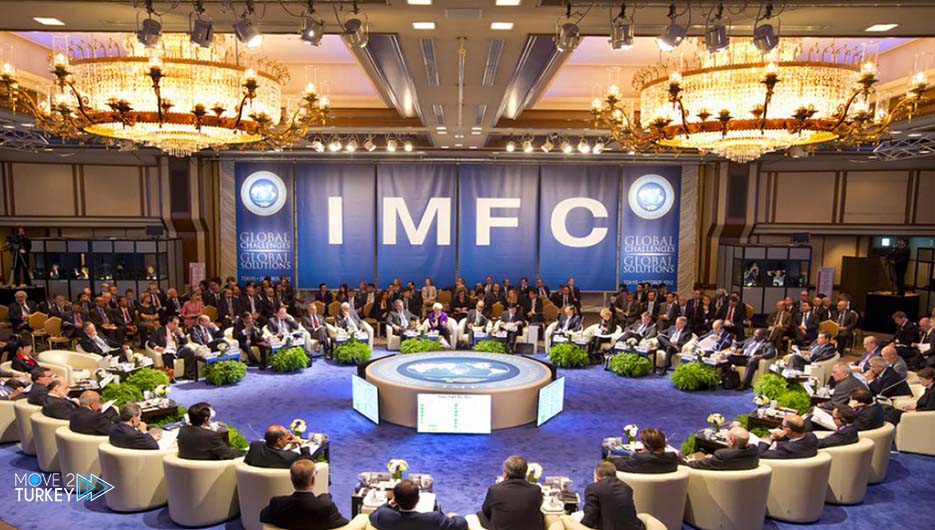Global discussions surrounding the mounting issue of debt have garnered significant attention, as the International Monetary Fund (IMF), World Bank, and India gear up for a crucial meeting. Set to take place this Friday, the aim of the meeting is to foster dialogue and collaboration between creditor nations, borrowing countries, and key financial institutions, with the overarching goal of curbing the escalation of global debt levels. Among the participating borrowing countries are Ghana, Ethiopia, and Zambia, showcasing the diverse spectrum of nations impacted by the ongoing debt predicament.
Revealed by an anonymous source well-versed in the matter, this meeting has been shrouded in a veil of confidentiality, with notable participants such as France, the United States (US), Britain, and Japan scheduled to join. Furthermore, the involvement of the Institute of International Finance, representing the collective voice of the financial industry and private sector creditors, underscores the magnitude of the discussions set to unfold during this critical assembly.
A spokesperson from the IMF has highlighted the primary focus of the meeting, emphasizing a discourse on the deficiencies inherent in the current debt restructuring framework. However, the specifics regarding the countries involved in these discussions have not been officially disclosed, with both the World Bank and the US Treasury Department refraining from providing any official comments on the matter.
It is noteworthy that the Paris Club, comprising traditional Western creditor nations, expanded its membership in 2020 to include key players such as China, India, and Saudi Arabia, under the auspices of the Group of 20 (G20) forum. A concerted effort was initiated through the Joint Framework, outlining a roadmap for restructuring the debts of developing countries, albeit with notable obstacles encountered on a case-by-case basis.
Regrettably, the progress of this collaborative initiative has been hindered by delays from certain low-income countries, necessitating the exploration of alternative strategies to alleviate the mounting financial burden faced by these economies. A forthcoming meeting between the IMF and World Bank, scheduled for this weekend, is expected to address the imperative of equitable treatment between official and private creditors, while also tackling the intricate array of technical and legal complexities associated with debt resolution.
In a broader economic context, the IMF has forecasted a slowdown in inflation rates for 84 percent of countries in 2023, albeit cautioning that the levels will likely remain above pre-pandemic benchmarks until 2024. Chief Economist Pierre-Olivier Gourinchas has projected a 4 percent growth for developing economies in the current year, followed by a 4.2 percent expansion in the subsequent year, significantly outpacing the growth rates of developed nations.
In his presentation for the January 2023 World Economic Outlook, Gourinchas highlighted the pivotal roles of China and India, forecasting that these prominent emerging markets will collectively contribute approximately half of the global economic growth in 2023. China’s economy is poised to experience a growth rate of 5.2 percent this year and 4.5 percent in the following year, surpassing the 3 percent growth achieved in 2022.
Moreover, the IMF’s analysis suggests a positive trajectory for India’s economy, with a projected growth of 6.8 percent for the current fiscal year, followed by a temporary slowdown before rebounding to 6.8 percent in the subsequent year. Despite favorable developments such as a weakening dollar and eased financial conditions, the IMF remains vigilant, cautioning that potential geopolitical conflicts and internal economic challenges, particularly in China, could disrupt these optimistic forecasts.

